
As the Israel–Hamas ceasefire deal enters force, Hungarian Minister for Foreign Affairs and Trade Péter Szijjártó announced that Omri Miran, a Hungarian Israeli hostage held in Gaza, will be released during the second phase of the agreement.

‘By maintaining a flexible and multi-vector foreign policy, Hungary can remain a keystone state, mediating between various global powers while safeguarding its economic and strategic interests against the uncertainties of a shifting global order.’

Poland aims to prepare Council conclusions on a European energy security strategy in the next six months, with the main objective of its programme being to fully divest from fossil fuels from Russia.
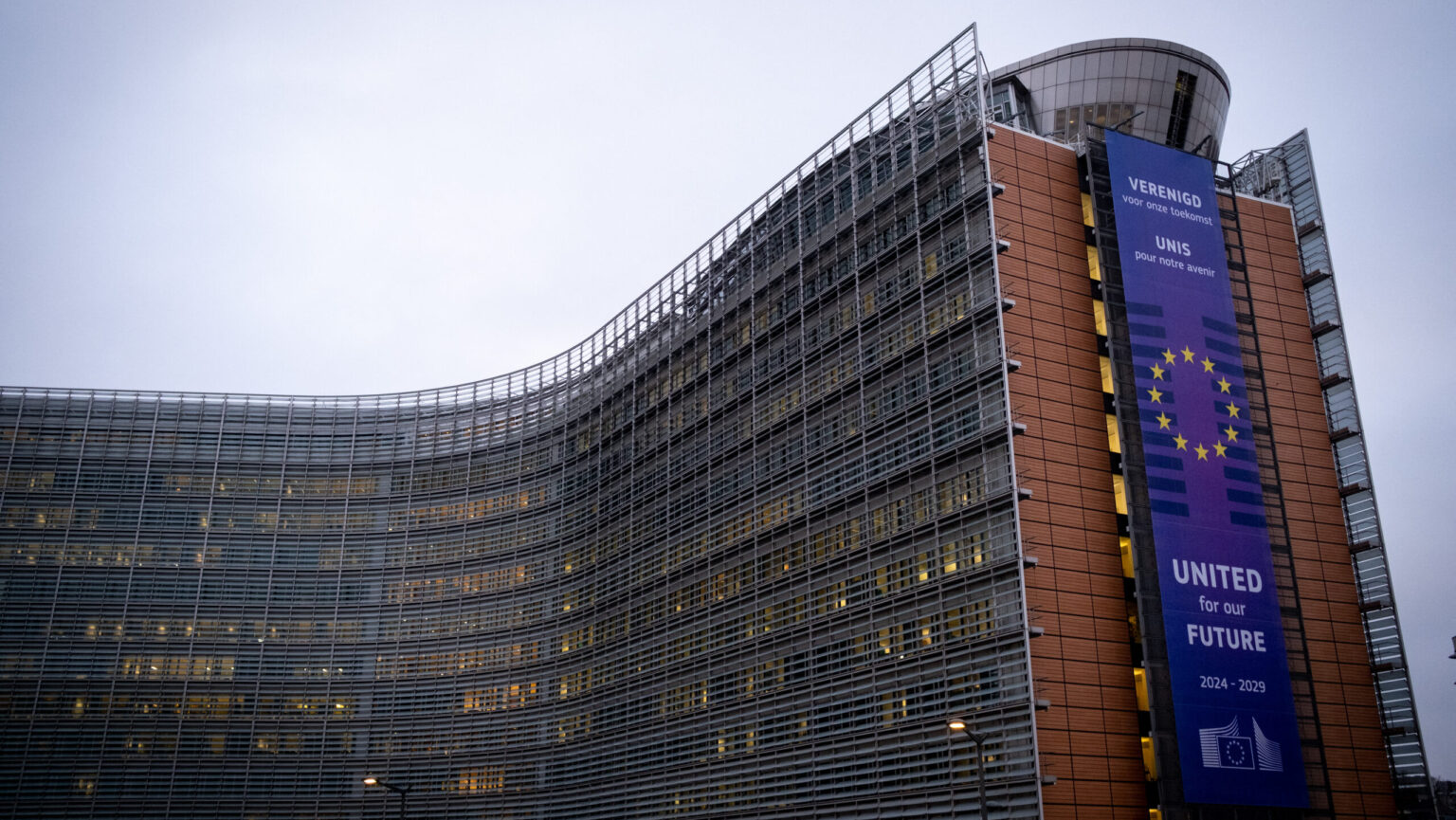
‘When Brussels’ antagonism was previously limited to Hungary and Poland, it was easier to frame Budapest and Warsaw as isolated cases. However, this narrative is rapidly collapsing. It won’t be long before Brussels finds itself in opposition to the majority of member states and the will of their electorates.’
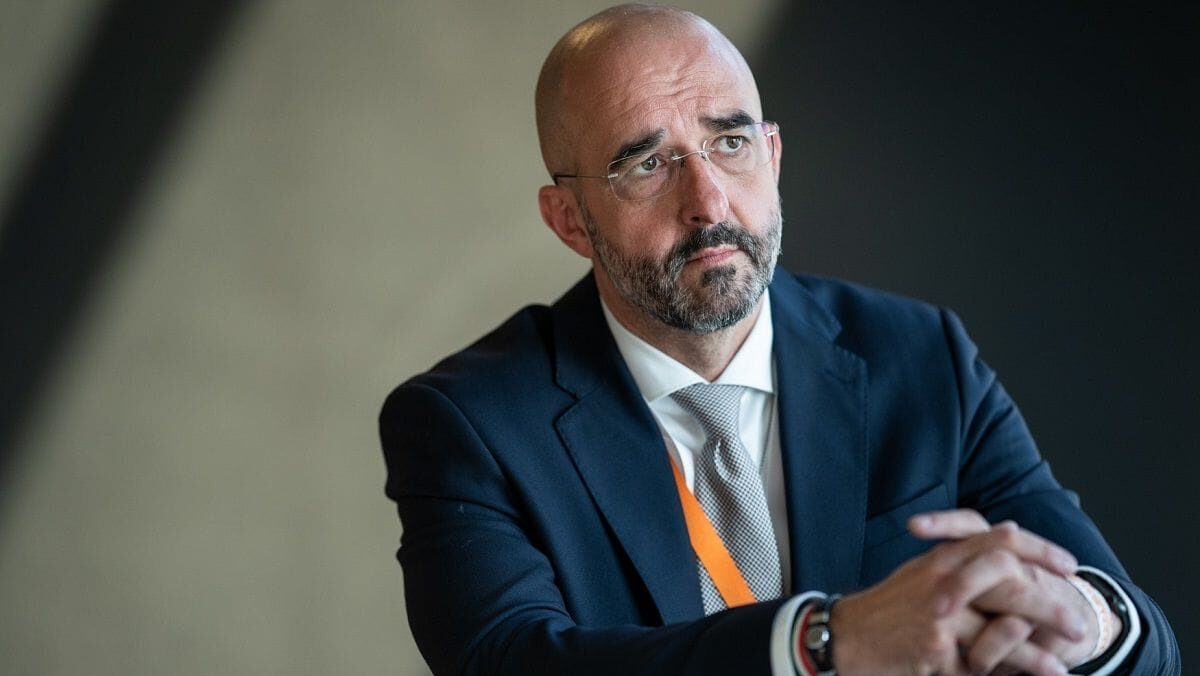
‘For Europe, openness has always been a competitive advantage, underpinning its prosperity and global influence,’ State Secretary for International Communication Zoltán Kovács highlighted in a recent interview with Eurasia magazine.

In the new, post-Assad chapter of Syria’s history Hungary will likely continue to emphasize humanitarian aid, regional stability, and the prevention of migration crises in its Damascus policy. The Hungary Helps Program, coupled with EU-led initiatives, makes Hungary a proactive participant in addressing the Syrian crisis and fostering the stability of the Middle East.
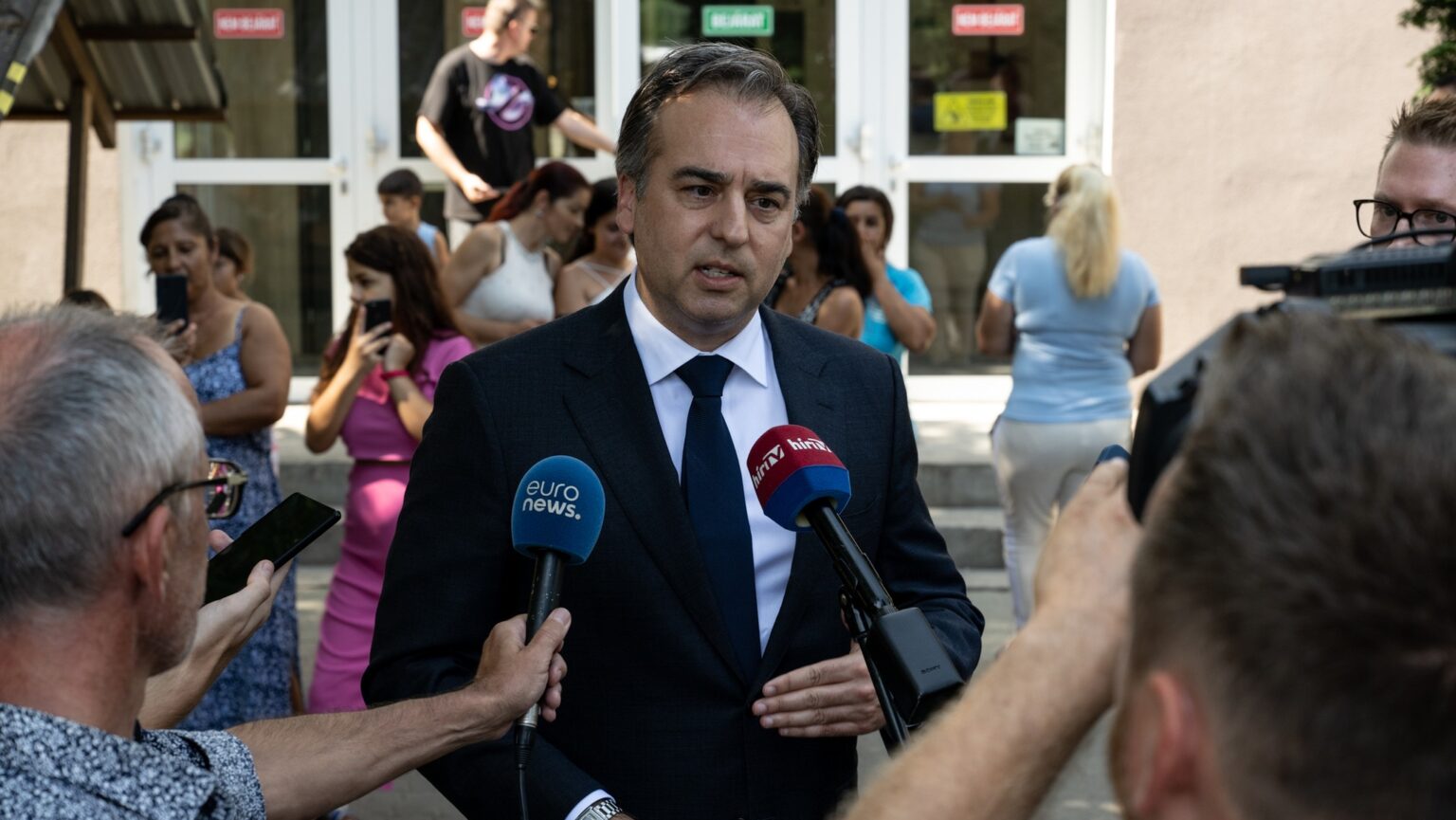
Even after stepping down as US Ambassador to Hungary, David Pressman can’t seem to resist his biased criticisms and false accusations against the Hungarian government. In a major interview with The New York Times, he exclusively discussed his claim that Hungary is not a democracy. Political director of the Hungarian Prime Minister Balázs Orbán, however, hit back with a clever response.
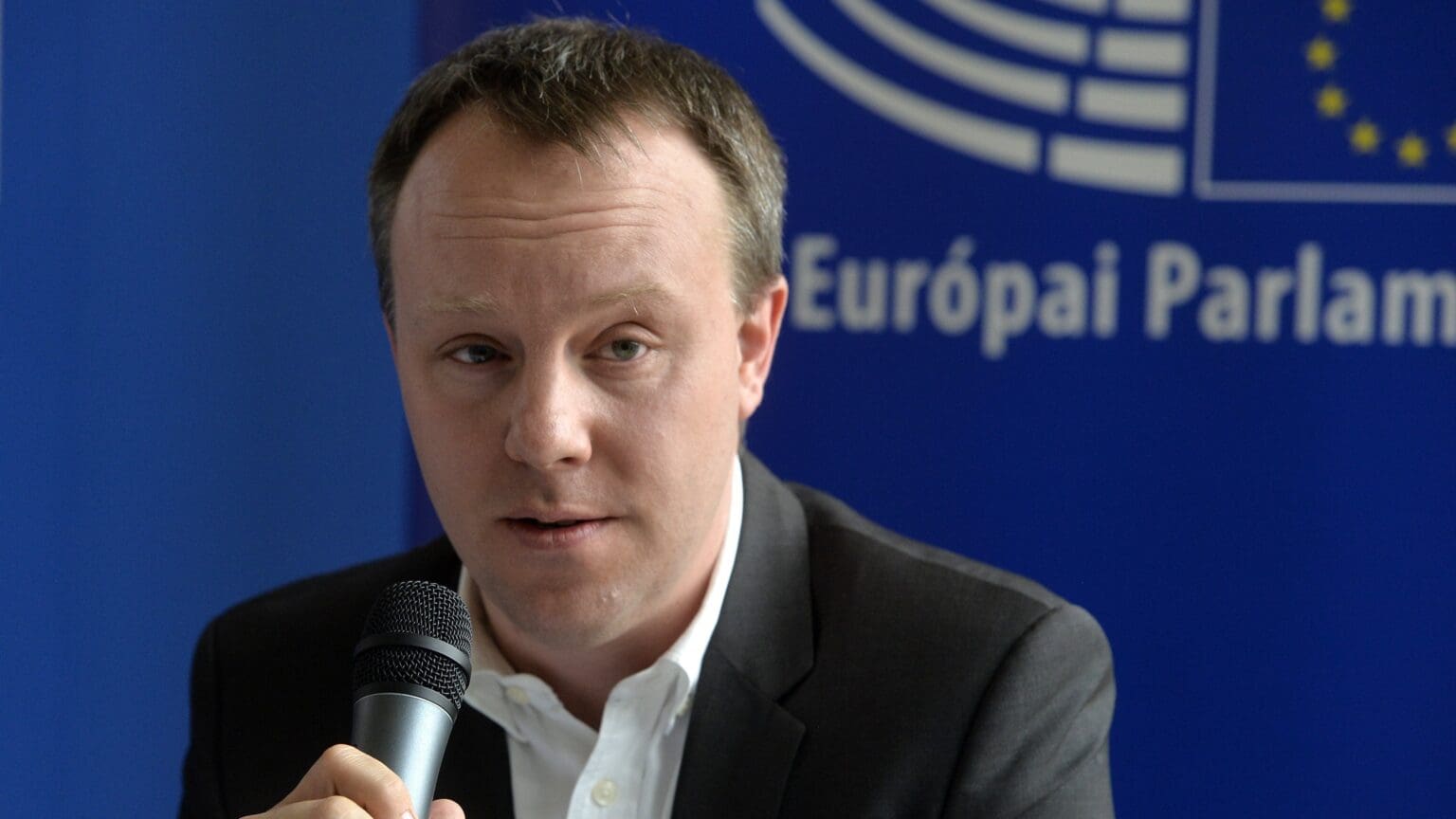
Hungarophobic MEP Daniel Freund mockingly posted several times about Viktor Orbán not being invited to Donald Trump’s inauguration next Monday. Freund obviously has no idea what he is talking about. Our commentary.

US President Joe Biden and President-elect Donald Trump both claimed credit for the ceasefire deal reached between Hamas and Israel on Wednesday. However, third-party sources confirmed that Trump’s Mideast special envoy, Steve Witkoff, accomplished more to secure the agreement in a single meeting with Benjamin Netanyahu than Biden did over the past year.
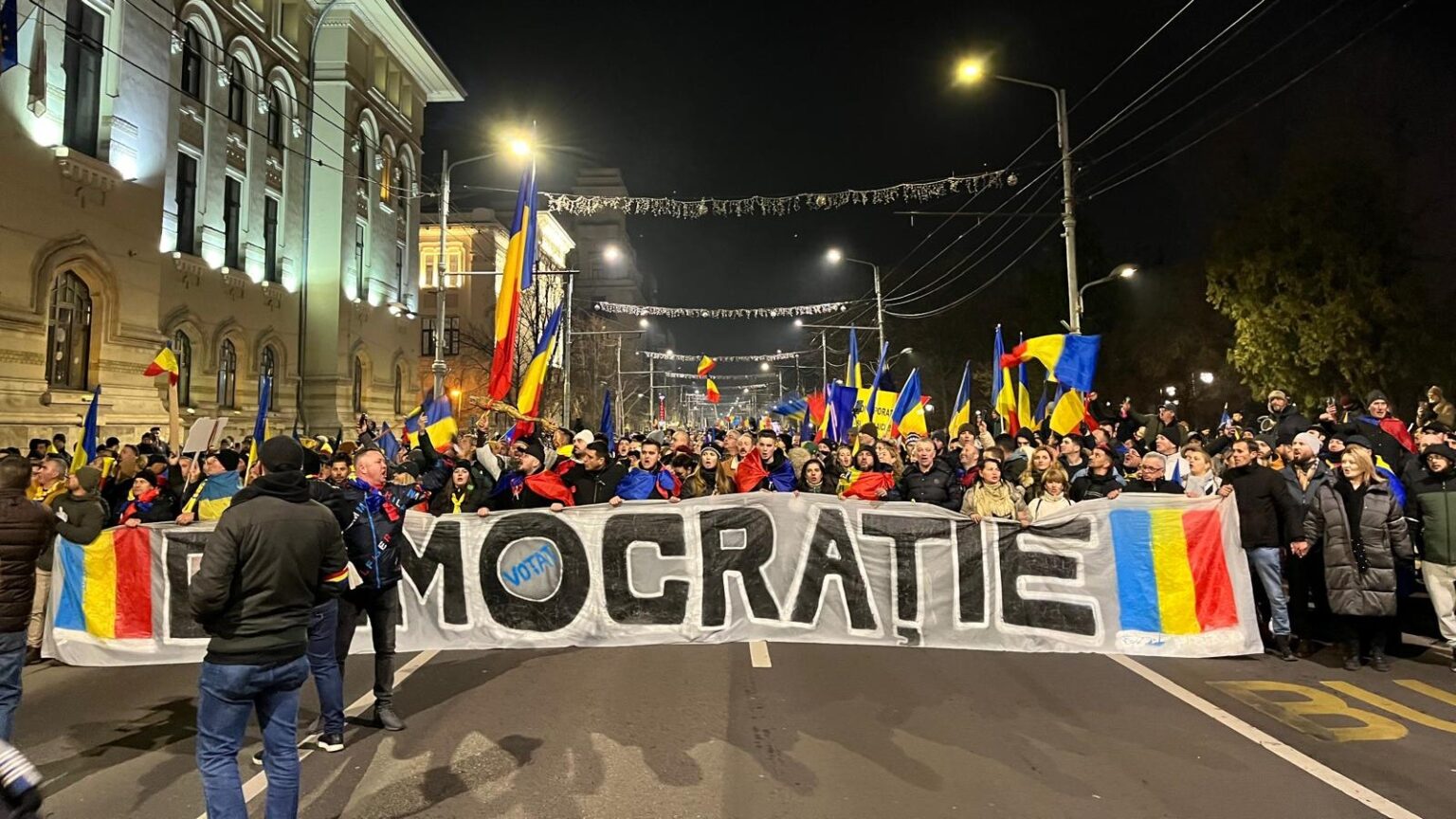
‘The more this happens, the more Europeans will realize that they do not live in truly free countries, and that what they have been sold is a falsehood. Those responsible for the economic stagnation in Europe, the insecurity, the loss of identity, the demographic decline, and the extreme polarization of societies have a name and a surname: the European Establishment.’
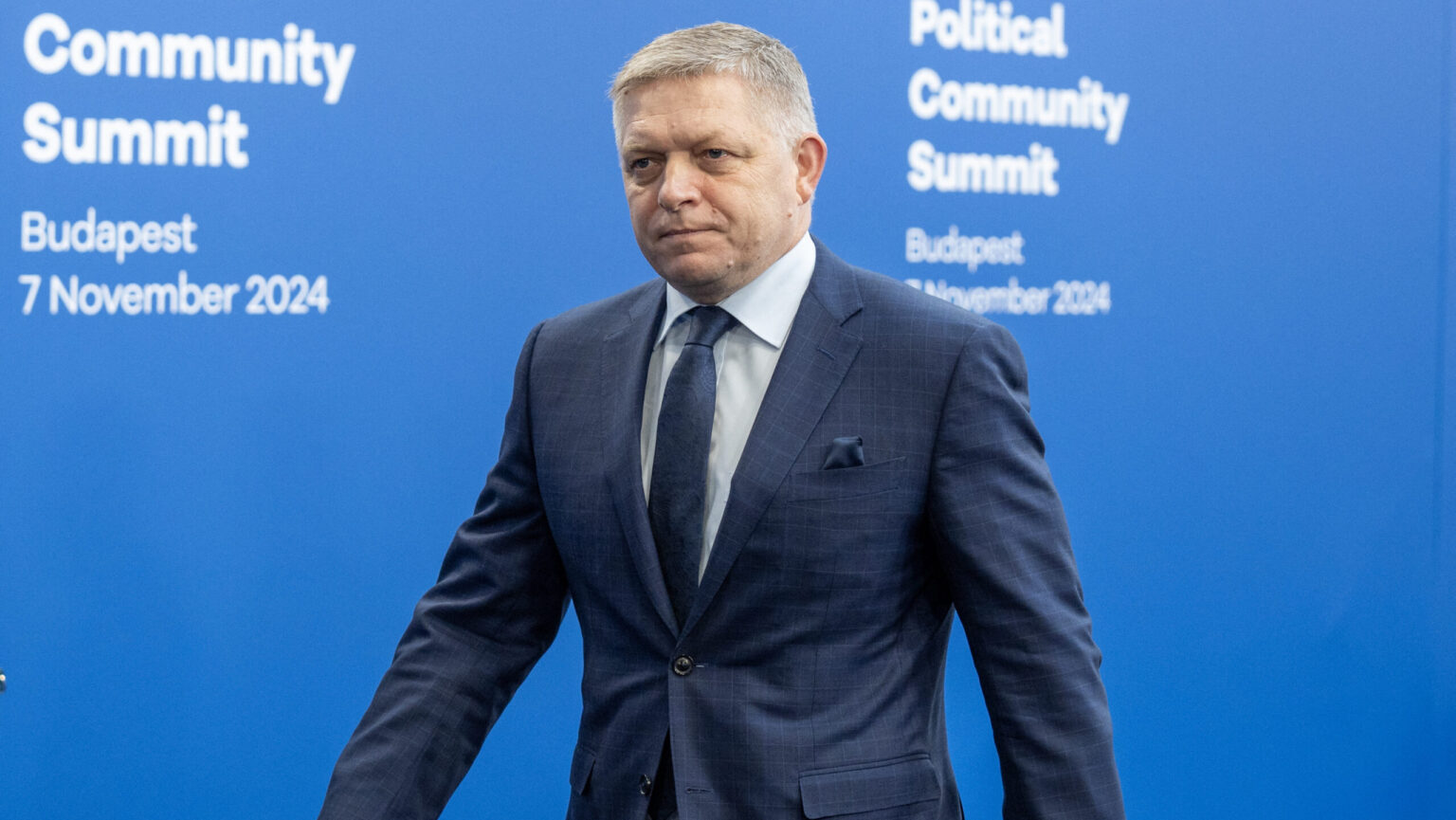
United opposition parties have filed a motion of no confidence against Slovak Prime Minister Robert Fico over his ties with Vladimir Putin and his pro-peace stance on the war in Ukraine. Fico, who survived an assassination attempt in May, has halted state-level weapon shipments to Kyiv and remains in constant conflict with Volodymyr Zelenskyy.
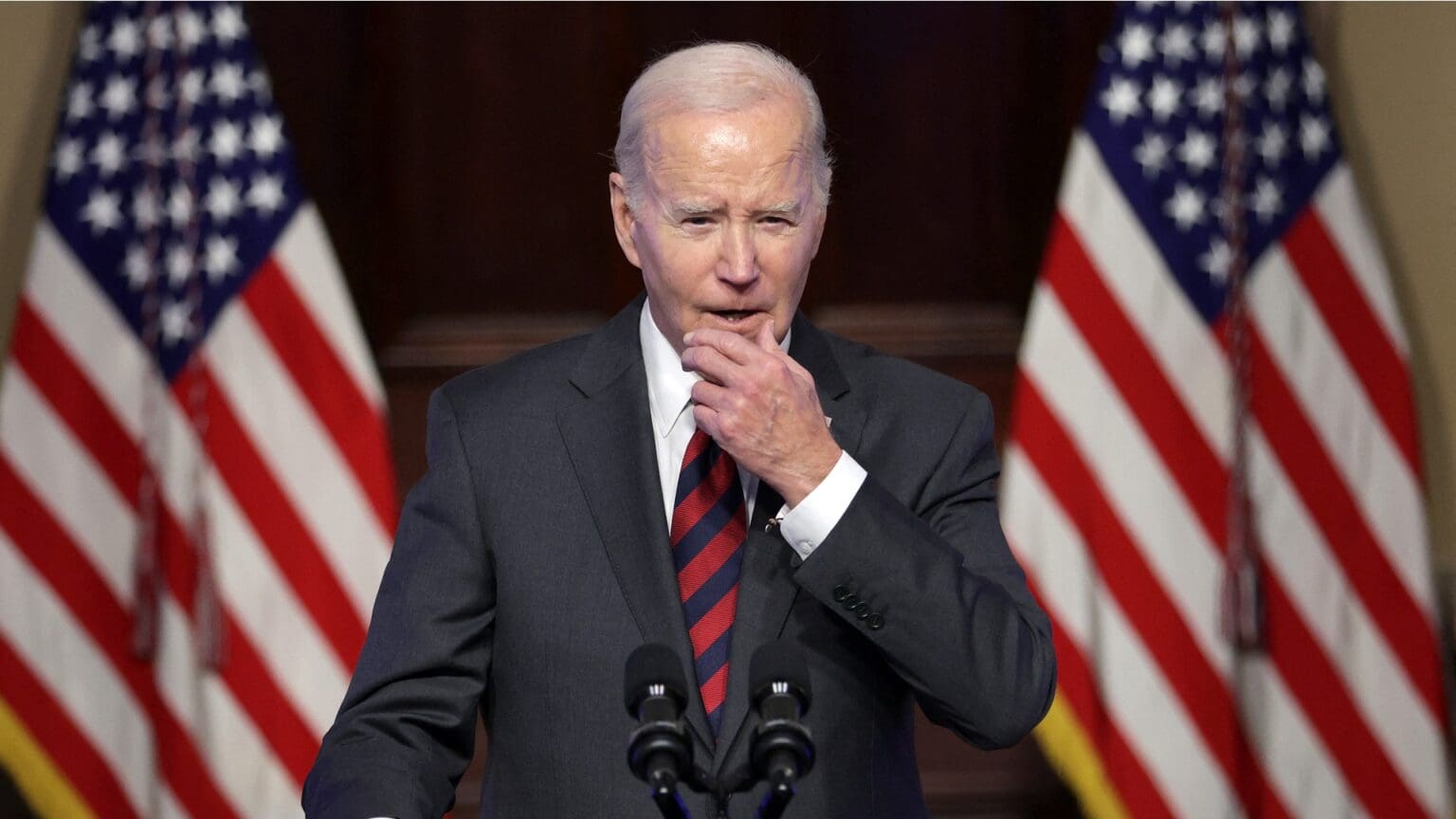
President Biden’s approval rating currently stands at 38.8 per cent in the RealClearPolitics polling aggregate, and at just 36.1 per cent in the FiveThirtyEight polling aggregate. Meanwhile, President Trump left office in January 2021—after the controversial Capitol riots—with a 41.1 per cent approval on RCP and a 38.6 per cent approval on 538.
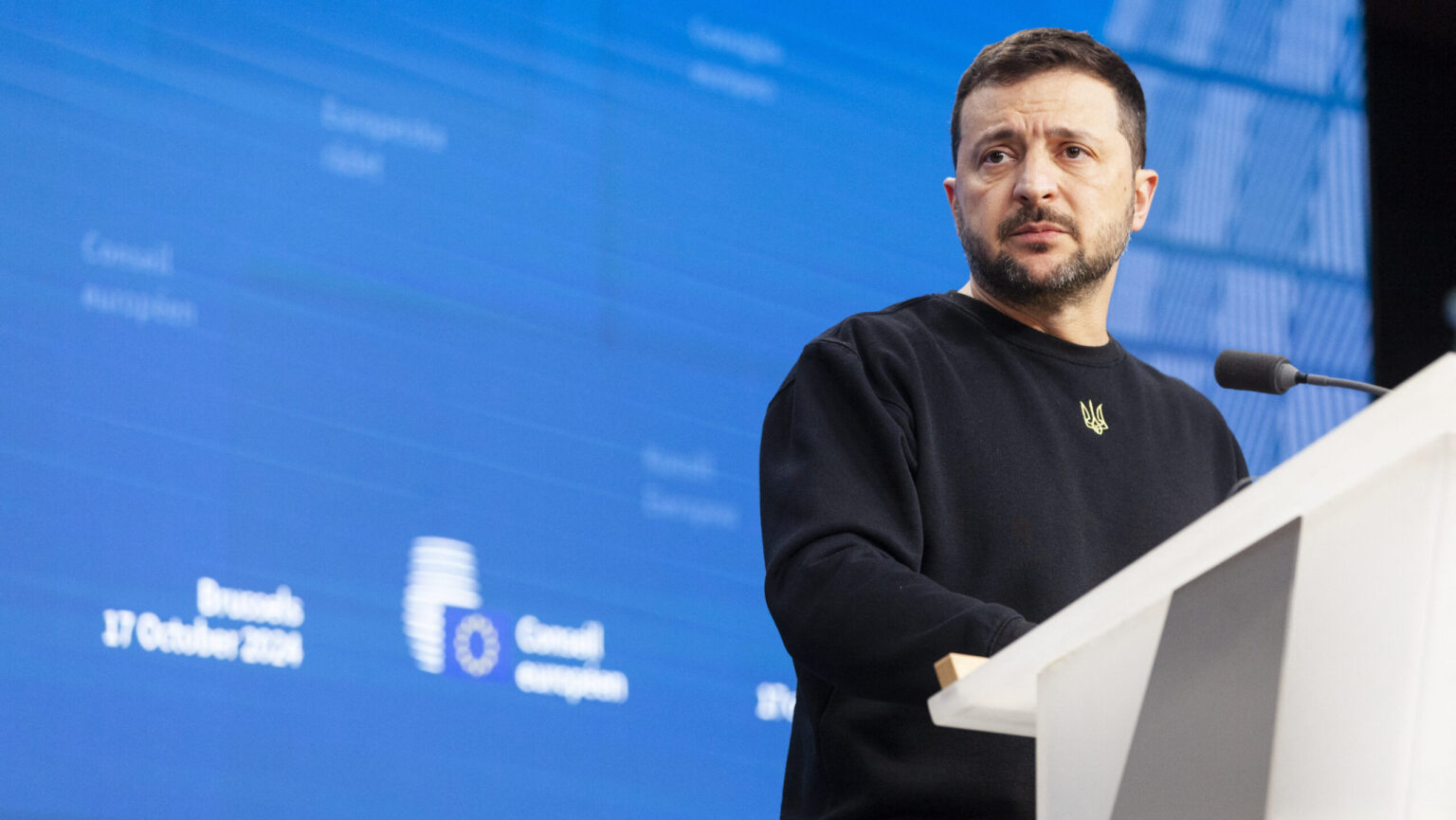
After Slovak Prime Minister Robert Fico extended an invitation for talks, Ukrainian President Volodymyr Zelenskyy responded with his characteristic brand of arrogant diplomacy. Kyiv has adopted a similarly combative style in its interactions with Hungary.
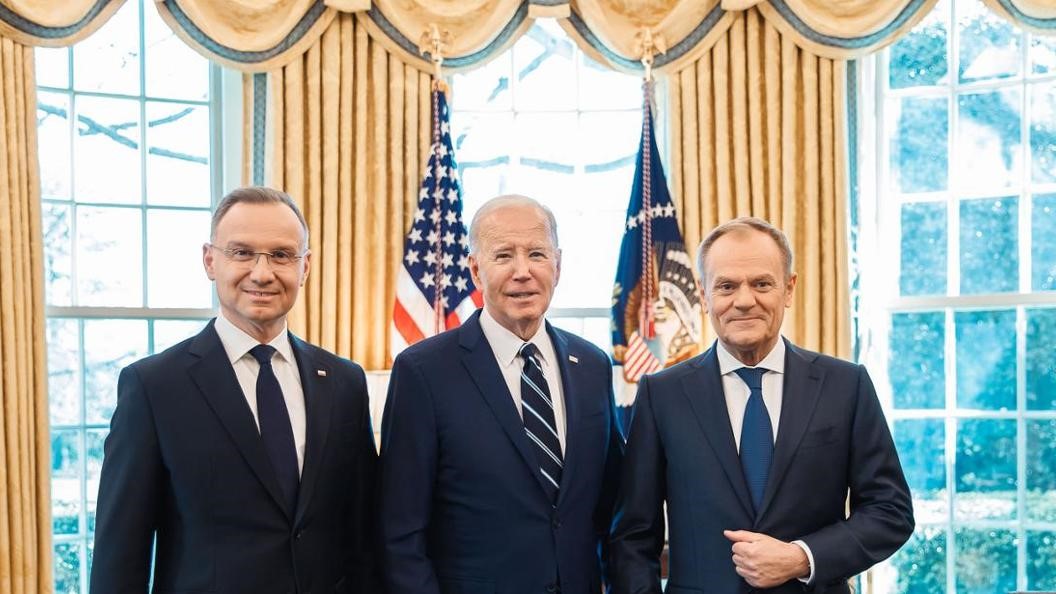
Since Hungary granted political asylum to the persecuted former Polish Deputy Justice Minister Marcin Romanowski, Donald Tusk’s government has launched a retaliatory campaign against Hungary’s ambassador to Warsaw, István Ijjártó. According to Polish media reports, this campaign could culminate in Ijjártó’s expulsion from the country.

On 14 January, after just over two years, US Ambassador to Hungary David Pressman’s tenure came to an end. His legacy will be remembered not for strengthening US–Hungarian relations, but for significantly undermining them.
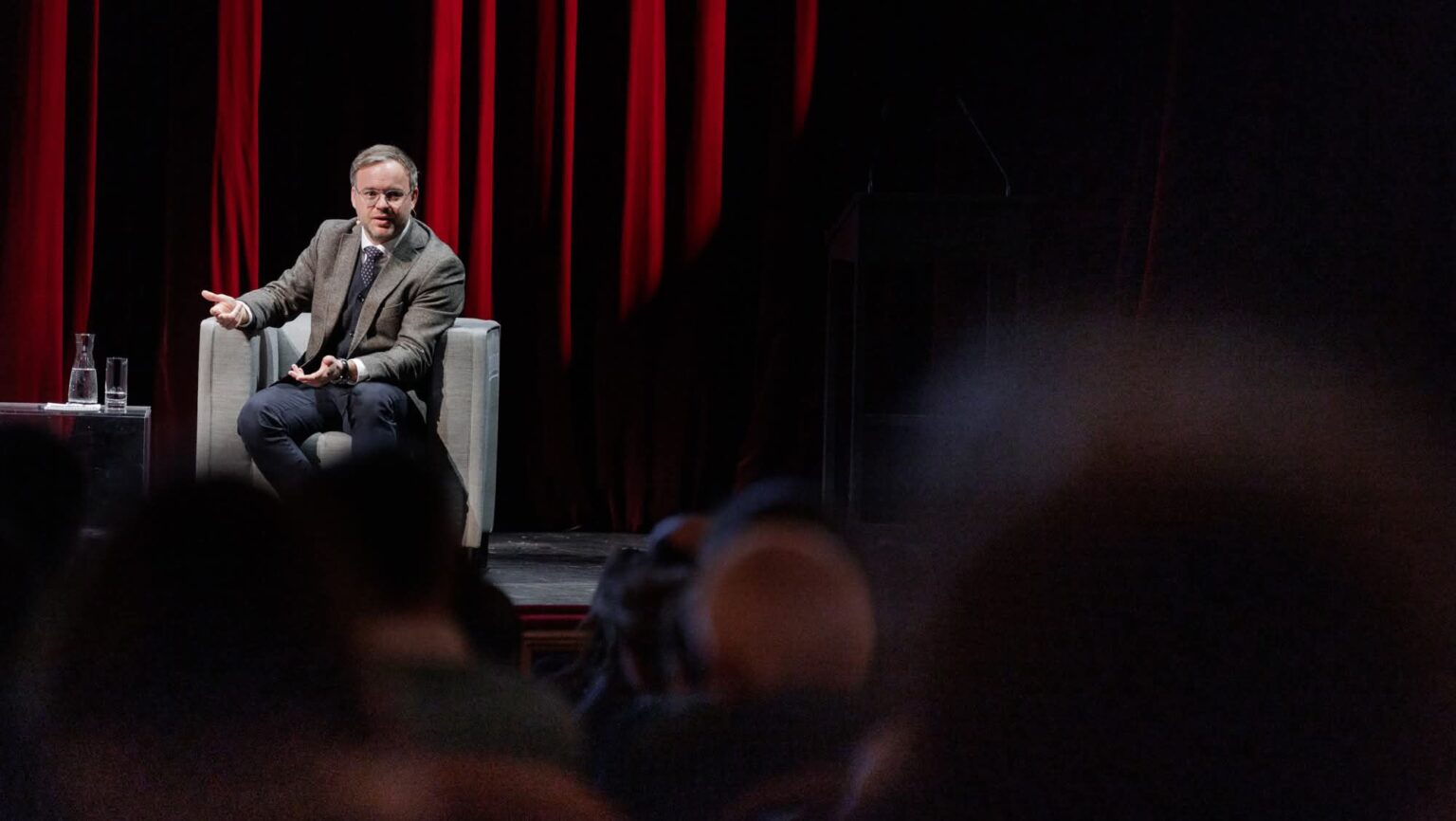
Trump’s emphasis on national interests enables Hungary to prioritize its own, Balázs Orbán, the Hungarian Prime Minister’s political director, noted during a high-profile panel discussion held in Vienna, Austria on Sunday. The panel featuring international experts focused on the potential impact of Donald Trump’s second presidency on the future of Europe.

‘As China’s growth rate already lags behind major emerging economies in South and Southeast Asia, such as Bangladesh, India, Indonesia, the Philippines, and Vietnam, and is predicted to be less than half of most of these in the second half of this decade, China’s aspirations to dominate Asia seem futile.’

Tens of thousands of supporters of Romanian presidential candidate Călin Georgescu took to the streets in Bucharest on Sunday to protest the annulment of the presidential election. With no concrete evidence emerging to substantiate the allegations of Russian interference, it has become increasingly evident that the progressive elite will go to any lengths to remain in power.

In a by-election called to fill the seat of deceased MP Árpád János Pótápi in the 2nd electoral district of Tolna County, Fidesz-KDNP’s candidate Dr Krisztina Csibi won by 44.5 points. Three years prior, in 2022, Fidesz’s nominee won by ‘only’ 35.4 points. Péter Magyar’s Tisza Party did not even field a candidate, with Magyar dismissing the election as irrelevant.
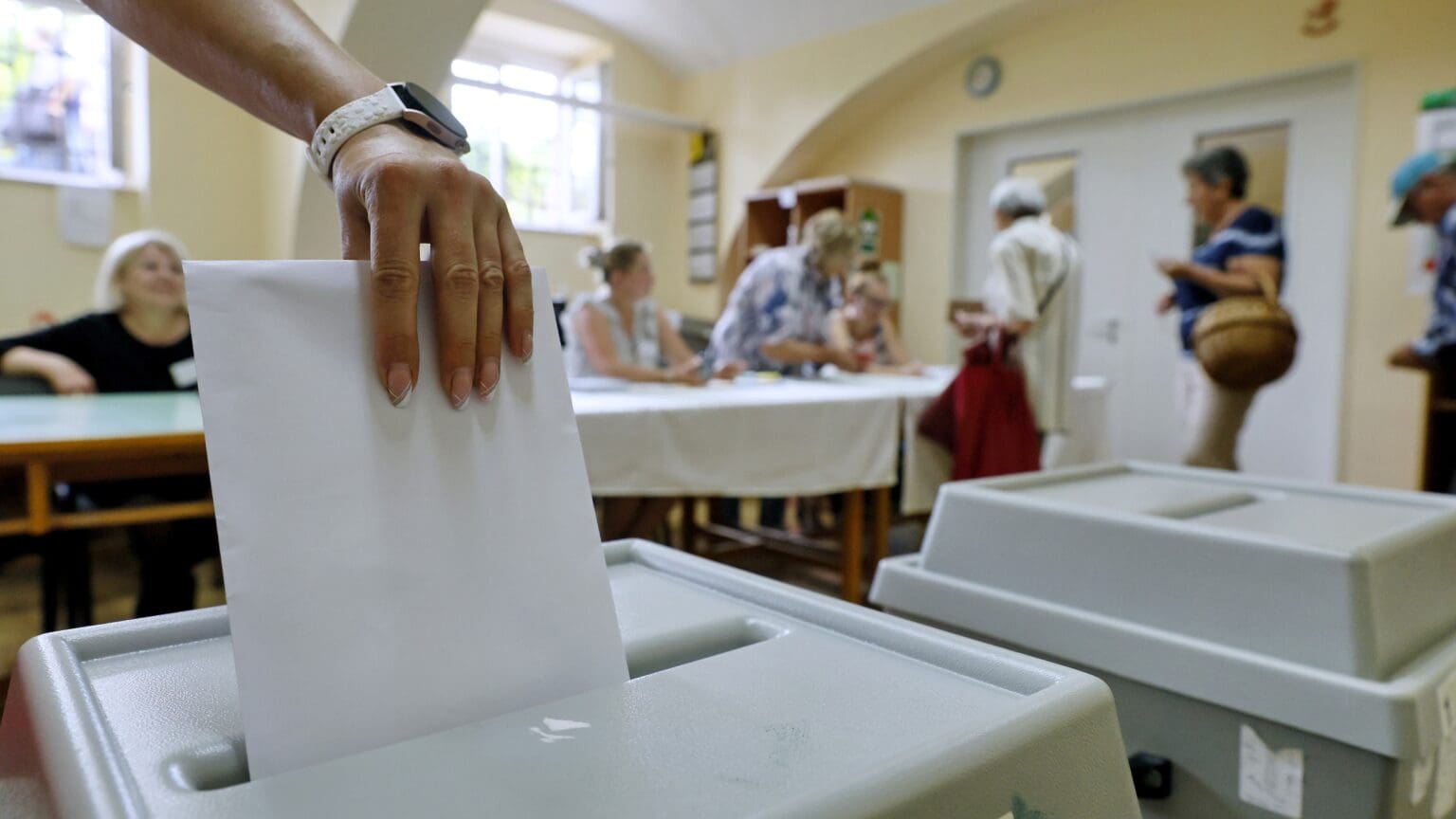
According to a recent Nézőpont Institute survey 61 per cent of Hungarian voters oppose early parliamentary elections, with support for such a move declining since last year. Even among Tisza Party supporters nearly 40 per cent reject their leader’s proposal.

This little known case of Hungarian Israeli Rabbi Ottó Komlós not only provides insight into how the Hungarian Communist intelligence services viewed Israel’s most important Holocaust museum and its Hungarian employee, but also highlights the clumsiness of the covert activities of Kádár’s state security services in the early 1960s in Israel.
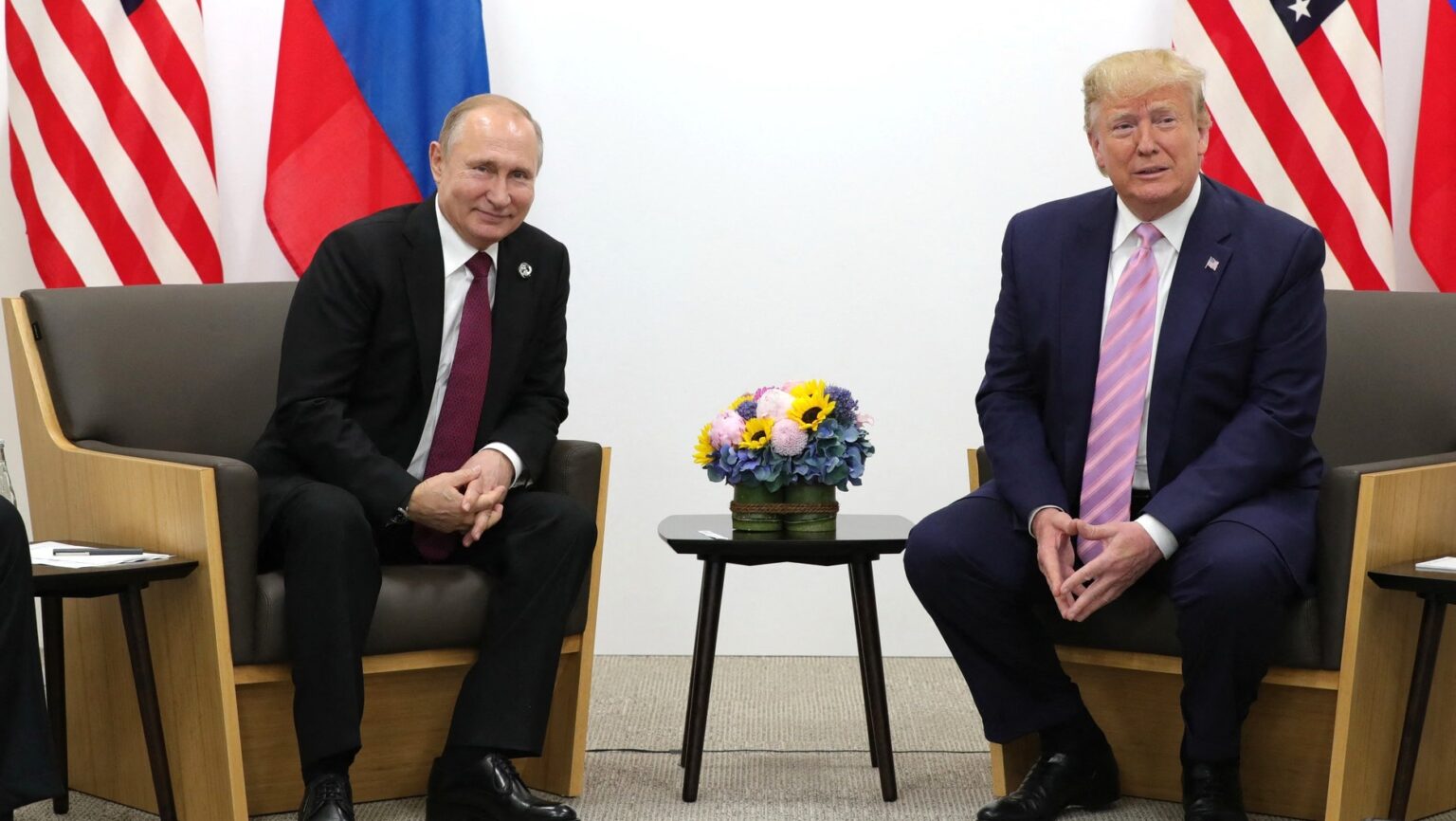
US President-elect Donald Trump announced his readiness to meet with Russian President Vladimir Putin on Thursday, a statement reaffirmed by the Kremlin the following day. With a pro-peace administration set to take power in the United States and significant political shifts already underway in Europe, the pro-war EU is finding itself isolated in its unconditional support for Ukraine.
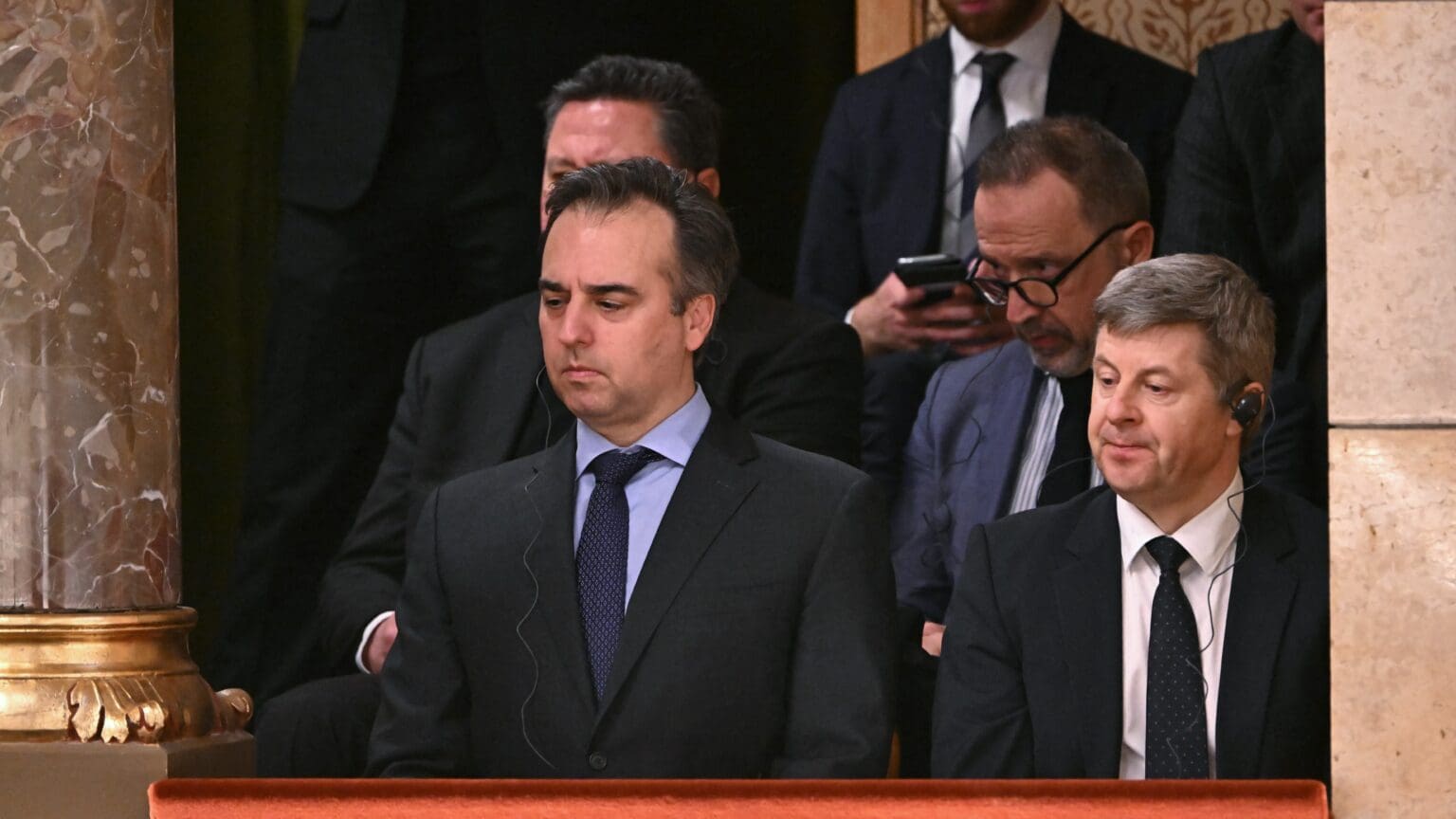
The US Embassy in Hungary issued a warning on Friday via a Facebook post, targeting ‘those who are in business’ with Antal Rogán, a senior Hungarian government official sanctioned by the US Treasury on Tuesday. In an exclusive statement to Hungarian Conservative, Bryan Leib, a potential successor to US Ambassador to Hungary David Pressman, stated that everything would change following Donald Trump’s inauguration.
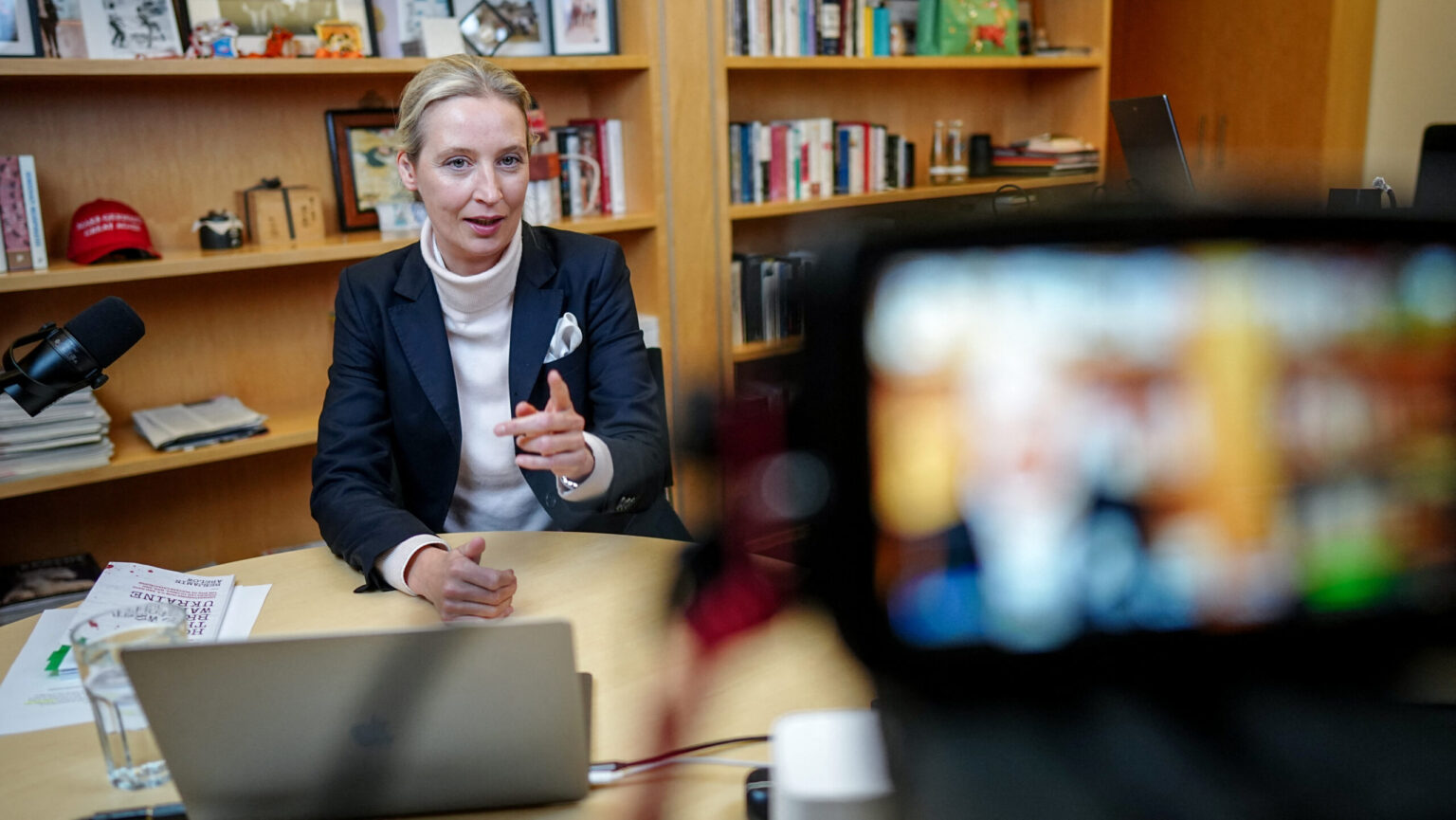
‘Alice Weidel is a very reasonable person, and hopefully, people can tell just from this conversation—nothing outrageous has been proposed, just common sense,’ said US billionaire Elon Musk during a conversation lasting over an hour with the AfD’s co-chair. Musk, who has faced accusations of election interference from Western progressives, also encouraged Germans to support the right-wing party.
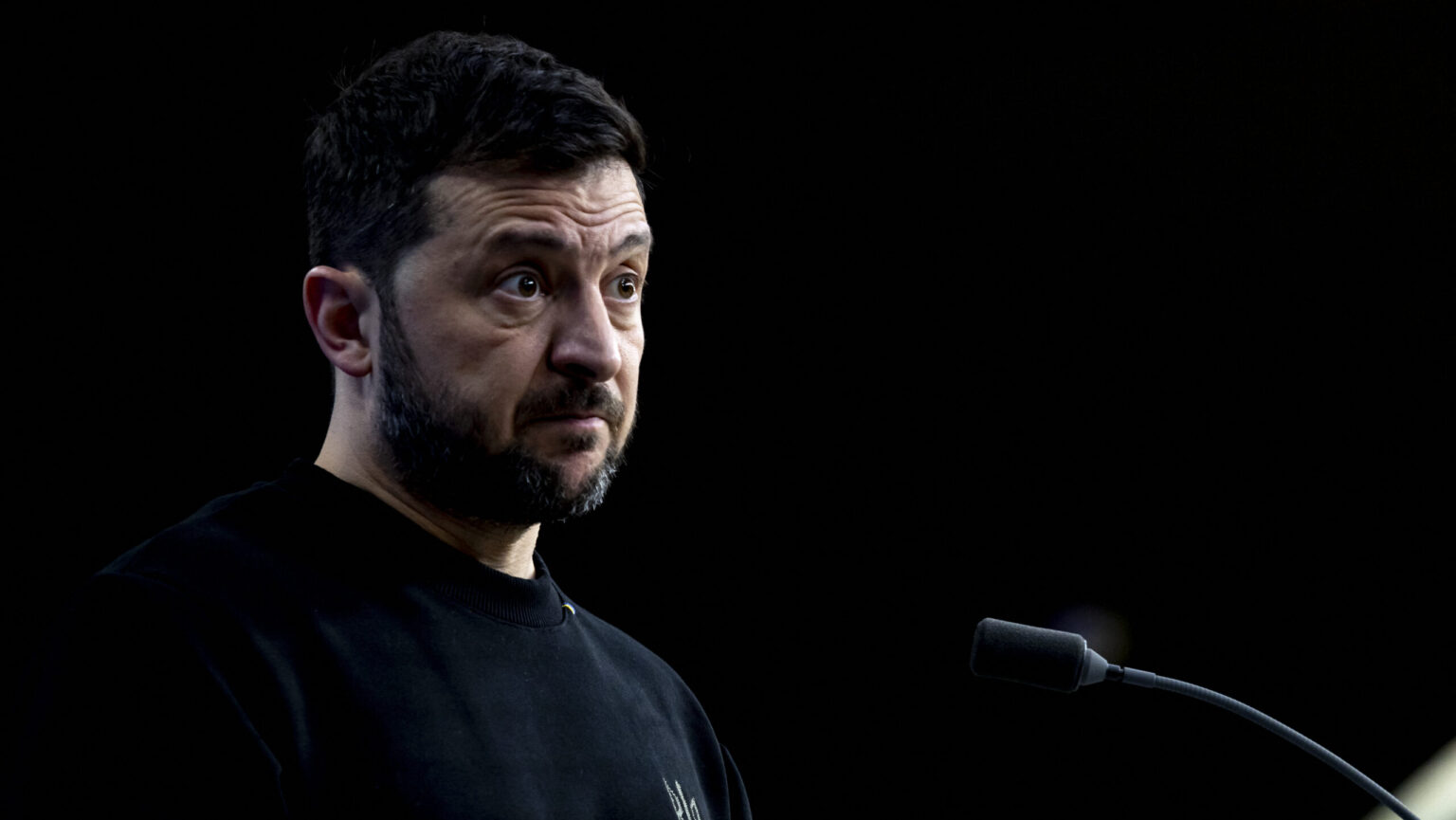
In a provocative and disingenuous statement, the Ukrainian Foreign Ministry declared that Ukraine would be prepared to take Hungary’s place in NATO and the European Union if Hungary chose to exit them and join Russian-led organizations such as the CIS and CSTO instead. Hungarian Minister for Foreign Affairs and Trade Péter Szijjártó described the statement as ‘rather aggressive.’
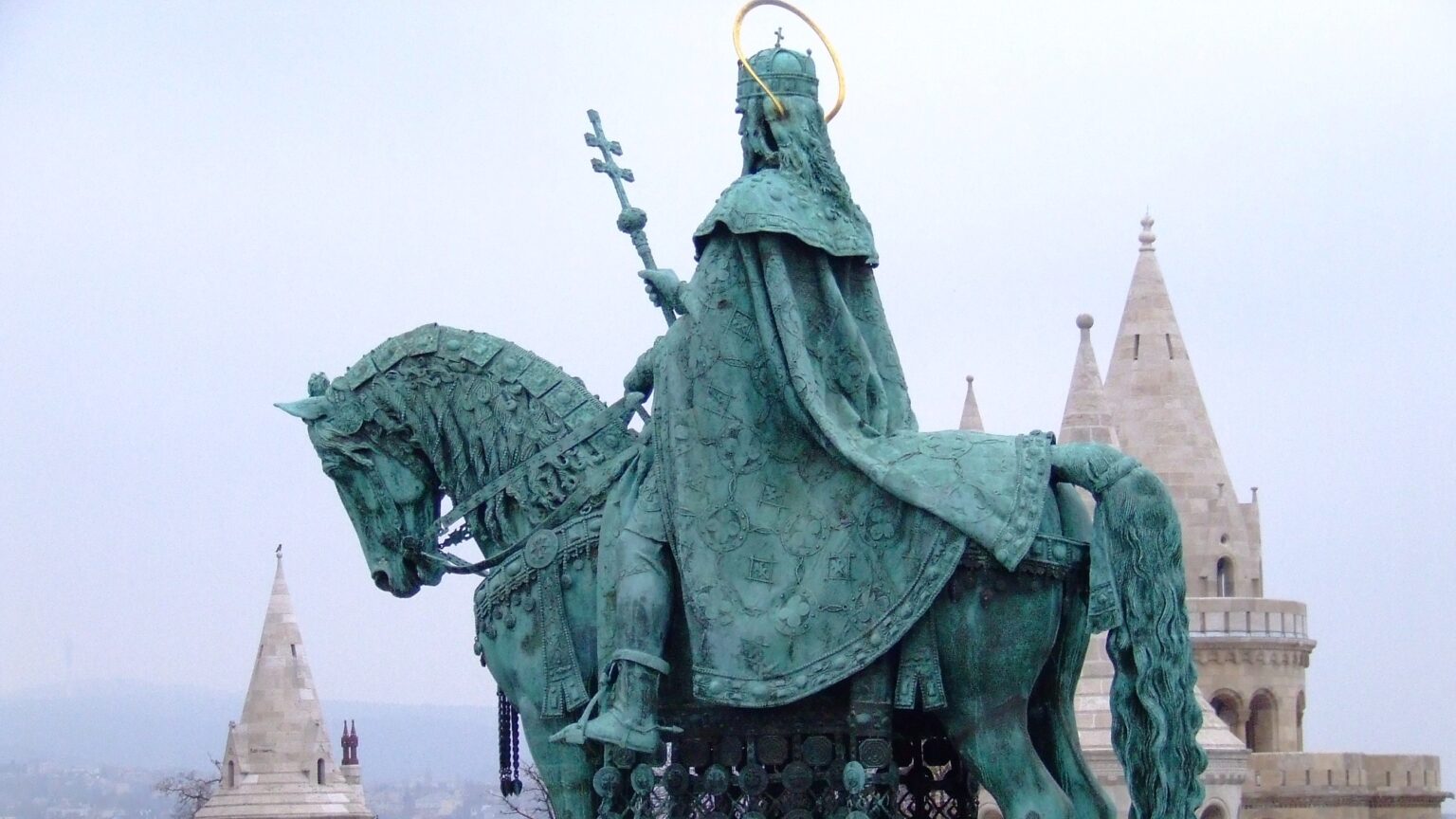
‘A Hungarian grand strategy for the 21st century must be based on principles that go beyond the question of Eastern or Western orientation.’

Poland took over the presidency of the EU from Hungary on 1 January. The ceremony launching the presidency, however, was conducted without the Hungarian ambassador to Poland, as the Polish Foreign Ministry declared he would not be welcome at the event. Political Director for the Prime Minister of Hungary Balázs Orbán commented on the incident and its context in an interview with wPolityce.
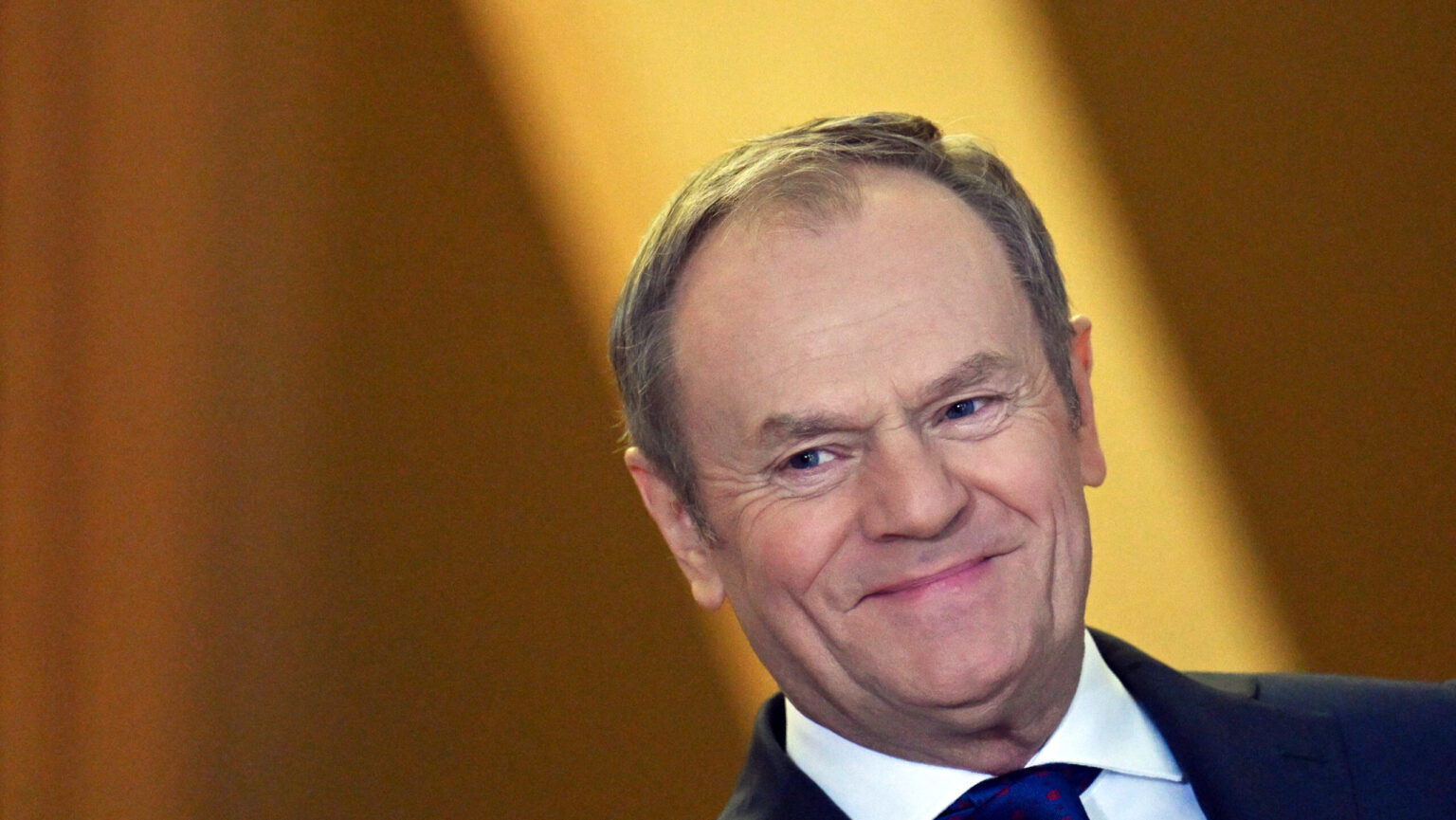
Former Polish Justice Minister Zbigniew Ziobro gave an interview to the Hungarian outlet Mandiner, in which he discussed, among other topics, the political asylum granted by Hungary to his former deputy, Marcin Romanowski, the deterioration of the rule of law in Poland under Tusk, and the European Union’s complicity.

Bryan E. Leib, a potential successor to outgoing US Ambassador David Pressman, has voiced sharp criticism on social media of the US administration’s recent sanctioning a key Hungarian politician. Leib expressed optimism for improved ties under Trump’s leadership in his commentary.

The first guest of the new edition of the Danube Info podcast was Or Yissachar, a national security researcher and team lead in the Israeli high-tech industry, leading the Israel Defence and Security Forum’s Content Division and Research Department.

Hungarian Conservative is a quarterly magazine on contemporary political, philosophical and cultural issues from a conservative perspective.